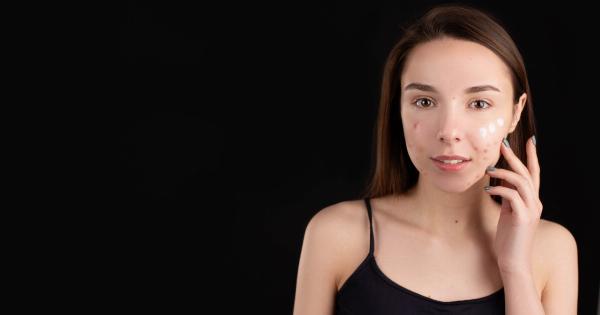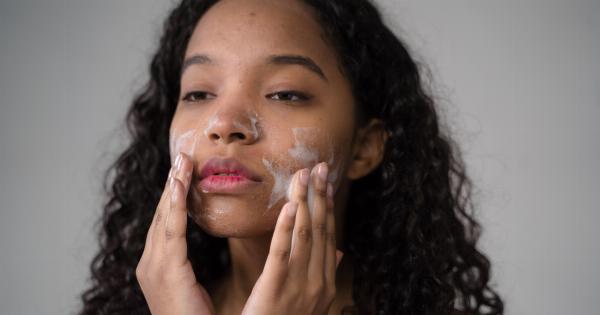Acne is a common skin problem among teenagers. It is a condition that affects the skin’s oil glands. The hair follicles on your skin are connected to oil glands. These glands produce sebum, which is an oily substance.
Acne occurs when hair follicles are clogged with oil and dead skin cells. This leads to the formation of pimples, blackheads, and whiteheads. Acne can be frustrating, painful, and can cause scarring.
There are several treatments available for acne, including over-the-counter creams and lotions, prescription medications, and medical procedures such as laser therapy.
Milk and Acne
There has been much debate about the relationship between milk consumption and acne. Some studies have suggested that drinking milk may be linked to acne in teenagers. There are several reasons why this might be the case.
Milk contains hormones that can stimulate oil glands in the skin. Milk also contains compounds that can increase inflammation in the body, which can worsen acne. Finally, milk is known to increase insulin levels in the body. This can lead to the production of more sebum, which can contribute to acne.
The Science Behind the Link
Several studies have been conducted to investigate the connection between milk consumption and acne. One study, published in the Journal of the American Academy of Dermatology, followed a group of teenage boys for three years.
The study found that those who drank more milk had a higher risk of developing acne than those who drank less milk. Another study, published in the Journal of Clinical and Aesthetic Dermatology, found that teens who drank milk had more severe cases of acne.
However, not all studies have found a link between milk consumption and acne. In a study published in the Journal of the European Academy of Dermatology and Venereology, researchers found no association between milk consumption and acne.
More research is needed to determine the exact relationship between milk and acne.
Other Factors Contributing to Acne
While milk may play a role in acne development, there are other factors that also contribute to acne. Genetics, for example, can play a role in acne. Stress is another factor that can cause acne.
Hormonal changes in the body during puberty can cause acne as well. Certain medications can also contribute to acne. Finally, factors such as diet, hygiene, and lifestyle can contribute to acne.
How to Treat Acne
If you have acne, there are several treatments available to help clear up your skin. Over-the-counter creams and lotions that contain benzoyl peroxide or salicylic acid can be effective at treating mild to moderate acne.
Prescription medications such as antibiotics, retinoids, and hormonal treatments can also be used to treat acne. In severe cases, medical procedures such as laser therapy or chemical peels may be necessary.
Preventing Acne
You can take steps to prevent acne from developing. Eat a healthy diet that includes plenty of fruit and vegetables. Avoid foods that are high in sugar and fat, as they can trigger acne. Keep your skin clean by washing it twice a day with a gentle cleanser.
Use oil-free makeup and moisturizer. Avoid picking at pimples, as this can cause scarring. Finally, avoid touching your face as much as possible, as this can spread bacteria and cause acne.
Conclusion
While milk may be a contributing factor to acne in some teenagers, it is not the only factor. Other factors such as genetics, stress, hormones, and lifestyle choices can also cause acne.
If you have acne, there are several treatments available to help clear up your skin. Talk to your doctor or dermatologist about which treatment options are best for you.





























